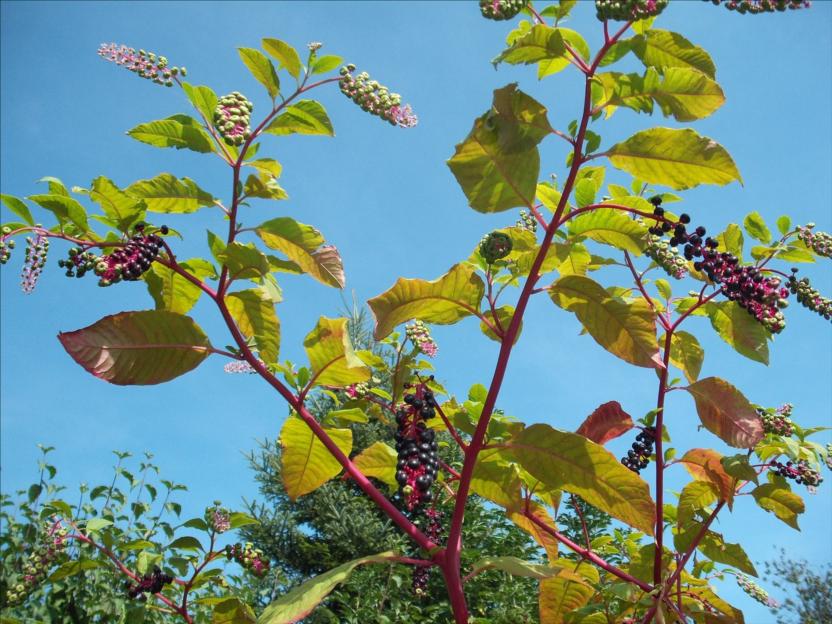Jade Dragon
And I'm the one that jaded you.
'Volunteers' is the term used by gardeners that describes any plant that wasn't planted by the gardener. Typically, the tomato plants you referenced from your compost, or even flowers in a bed that came up due to seeds being cast from the year before.
We got volunteer, black cap raspberries growing throughout our yard. The birds eat them from deep in the forests, and fields, and end up not digesting the seeds. So obvious stuff happens that isn't the most pleasant sounding, and we get plenty of raspberry plants.


